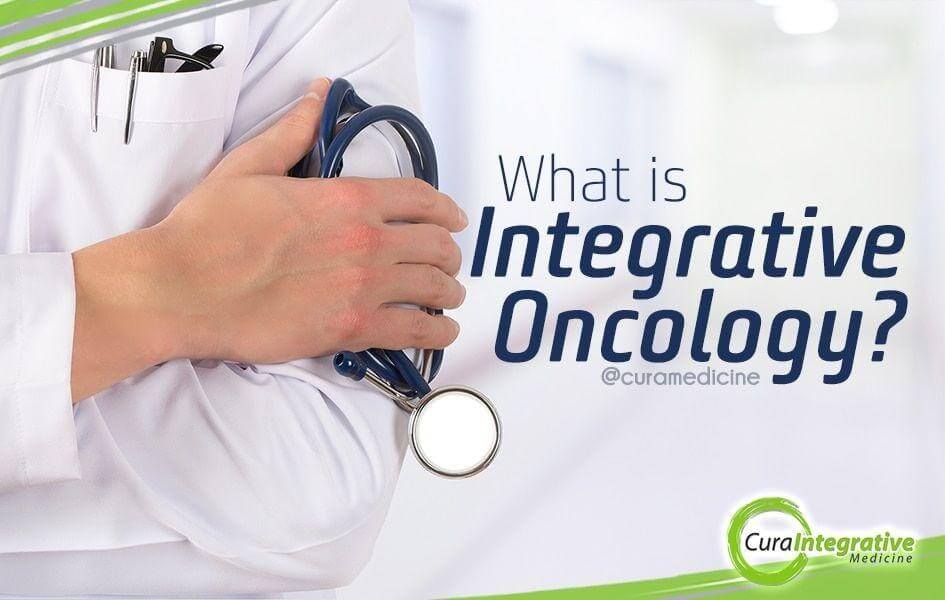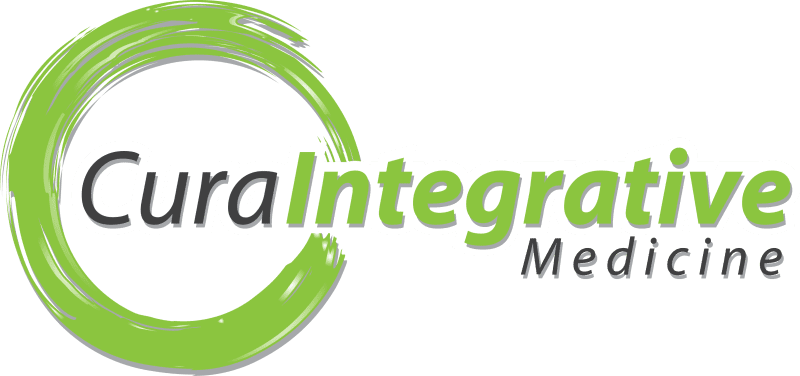Koji is a less known superfood found in a variety of macrobiotic foods. Containing Aspergillus oryzae, koji is used to make foods such as miso, amazaki and tamari. Read More…

What is Integrative Oncology?
Posted 19 Apr '16
Conventional cancer therapies are cancer treatments widely practiced in hospitals, and have been shown in clinical trials to be beneficial. They are often referred to as standard care and these treatments include surgery, chemo, radiation therapy, and hormonal therapy.
CAM, or complementary and alternative medicines and practices, on the other hand, may not be considered to be standard practices, although many are proven to be beneficial to cancer patients. These are often not taught in medical schools, and most GPs and nurses may not be familiar with these.
There are two categories of CAM — complementary and alternative. Complementary medicines include herbal medicine and nutritional medicine to manage nausea from undergoing chemotherapy. They are used along with conventional medical treatments, while alternative medicines are therapies used instead of conventional treatments. E.g. therapeutic nutrition dosages as a way to treat cancer instead of standard practices as advised by an oncologist.
The following are considered to be integrative therapies:
- Mind-body: mindfulness, cognitive-behavioral therapy, mediation, relaxation, guided imagery, music therapy, yoga, spirituality, creative or expressive therapies, hypnosis, and biofeedback.
- Naturopathic: Vitamins, herbs, lifestyle and supportive diets
- Body-based: Reflexology, massage, chiropractic adjustments
- Energy therapies: Tai chi, Reiki, Qi gong, therapeutic touch
- Other complimentary medicines: acupuncture, Chinese medicine, homeopathy, flower essences
It is important to note that while many of these integrative therapies could help relieve side effects and help patients attain optimal health, there are also certain risks involved. Thus, it is best to discuss with a registered naturopathic practitioner in order to get a plan that is designed specifically for you. It is recommended to not self-diagnose, self-treat, or take medications to avoid interactions with medications. Some supplements or herbal cancer natural treatments may have adverse reactions or may be ineffective if undergoing other treatments or medications.
To get yourself a personalised plan, that is sure to help optimise your health, call Cura Integrative Medicine now, at 0892844644.





